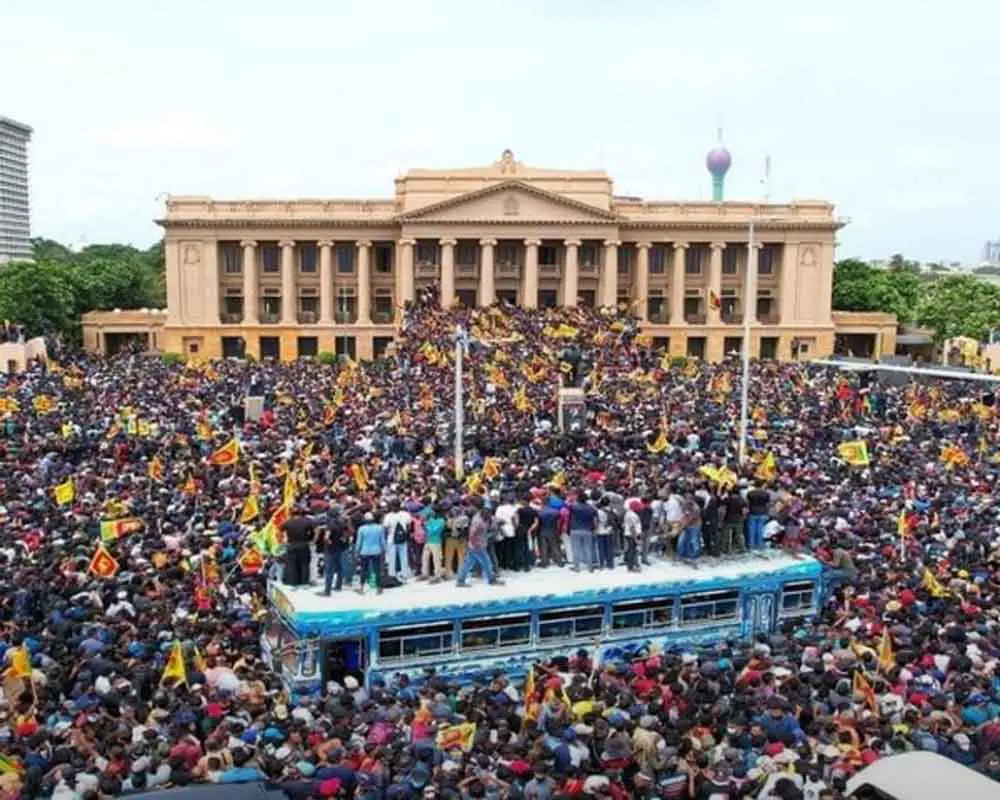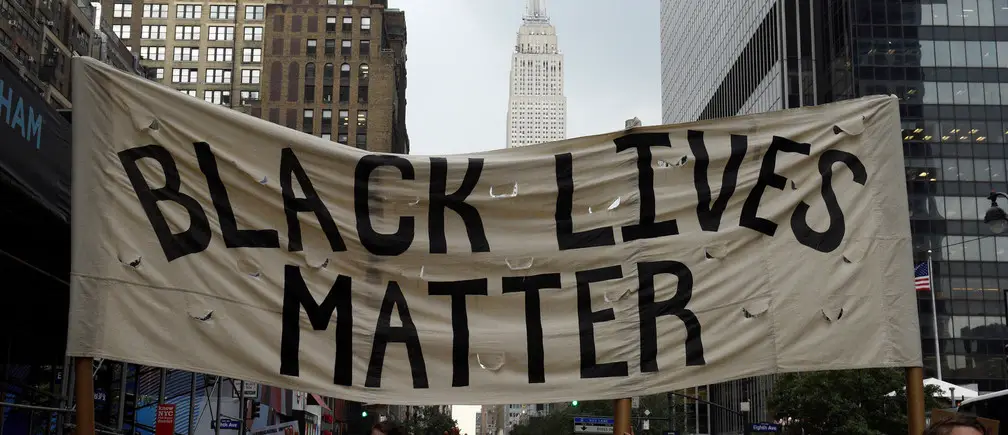Introduction
On the afternoon of August 4, 2020, an earth-shattering explosion rocked the city of Beirut, the capital of Lebanon. The blast, which originated from a massive stockpile of ammonium nitrate stored in the city’s port, was so powerful that it was felt over 200 kilometers away in Cyprus. It left more than 200 people dead, thousands injured, and caused widespread destruction in a city already struggling with political and economic turmoil. The explosion not only devastated the physical infrastructure of Beirut but also reignited long-standing tensions in Lebanon’s political system. The event shocked the world, prompting international aid and a closer look at the corrupt and negligent practices that had led to the disaster.
This article examines the Beirut explosion in detail, from its root causes and the sequence of events that led to the blast to the aftermath and the global response. We’ll explore the human stories behind the tragedy, the political ramifications in Lebanon, and the ongoing calls for justice and reform.
The Build-Up: How a Disaster Was Allowed to Happen
The root cause of the Beirut explosion traces back to 2013, when a cargo ship, the Rhosus, carrying 2,750 tons of ammonium nitrate, was impounded in Beirut’s port. The ship, owned by a Russian businessman, was en route to Mozambique but was detained due to technical and legal issues. Eventually, the cargo was offloaded and stored in Warehouse 12, a facility in the port. Over the years, there were repeated warnings about the dangers of storing such a highly explosive substance in the heart of Beirut, but these warnings were ignored or brushed aside by various government agencies.
The Lebanese government had been notified multiple times by customs officials, the judiciary, and even military personnel about the risks posed by the ammonium nitrate. Despite this, the cargo remained in the port for over six years, with no measures taken to secure or dispose of it. This was emblematic of the broader issues in Lebanon’s political system, where corruption, negligence, and a lack of accountability often led to catastrophic consequences.
The Day of the Explosion: What Happened?
At approximately 6:00 PM local time on August 4, 2020, a fire broke out in Warehouse 12, where the ammonium nitrate was stored. Reports suggest that welding work being done in the warehouse may have ignited nearby fireworks that were also stored in the area. The fire quickly spread, reaching the ammonium nitrate stockpile. At 6:08 PM, the first explosion occurred, followed seconds later by a much larger, devastating blast. The force of the second explosion was equivalent to 1.1 kilotons of TNT, making it one of the most powerful non-nuclear explosions in history.
The shockwave from the blast flattened buildings, shattered windows for miles around, and caused a 43-meter deep crater at the epicenter. Entire neighborhoods, including Gemmayzeh and Mar Mikhael, were left in ruins. Hospitals, already overwhelmed by the COVID-19 pandemic, were flooded with injured civilians. The scenes of devastation were so severe that many people described the aftermath as resembling a war zone.
The Human Cost: A City in Mourning
The explosion claimed the lives of more than 200 people, injured over 6,000, and left an estimated 300,000 people homeless. Among the dead were Lebanese citizens, migrant workers, and several foreign nationals. The victims included firefighters who had rushed to the scene to control the initial fire, only to be caught in the blast. The loss of life and the destruction of homes and businesses plunged Beirut into a state of collective grief.
One of the most heart-wrenching aspects of the disaster was the sense that it could have been prevented. Many of the families of the victims, as well as survivors, expressed their outrage at the government’s negligence and demanded accountability. This tragedy compounded the pain that Lebanon had already been experiencing, as the country was in the grip of a severe economic crisis, widespread unemployment, and a rapidly depreciating currency.
The Aftermath: Lebanon in Crisis
In the days following the explosion, Beirut was a city in chaos. The destruction was so extensive that recovery efforts seemed insurmountable. International aid poured in, with countries like France, the United States, and the Gulf states sending medical supplies, food, and financial assistance. The blast also triggered a wave of anti-government protests, as citizens called for the resignation of the entire Lebanese government, which many blamed for the systemic corruption and negligence that had allowed such a catastrophe to occur.
On August 10, 2020, just six days after the explosion, Prime Minister Hassan Diab announced the resignation of his government, acknowledging the people’s anger. However, the resignation did little to quell the public outrage, as many saw it as a superficial gesture that failed to address the deeper issues plaguing Lebanon’s political system. The country was left in a power vacuum, with no clear path forward for reform.
Calls for Justice: Ongoing Investigations
In the immediate aftermath of the explosion, there were widespread calls for an independent international investigation into the cause of the disaster. However, the Lebanese government initially resisted these calls, opting instead for an internal investigation. Critics argued that any internal investigation would likely be compromised by the very political forces responsible for the negligence in the first place.
To date, the investigation into the Beirut explosion has been slow and fraught with obstacles. Several high-ranking officials, including the head of customs and the port authority, have been arrested, but many believe that the true perpetrators—those who allowed the ammonium nitrate to remain in the port for so long—have yet to be held accountable. The investigation has also been hampered by political infighting and interference, further delaying any real justice for the victims.
The Global Response: Solidarity and Aid
The Beirut explosion drew international attention and a strong outpouring of solidarity from the global community. Countries from all over the world sent aid in the form of medical supplies, rescue teams, and financial support. French President Emmanuel Macron visited Beirut shortly after the explosion, calling for an international investigation and offering France’s support for the Lebanese people.
Non-governmental organizations and the Lebanese diaspora also mobilized quickly to raise funds and provide assistance. One notable campaign was the “Lebanon Strong” initiative, which raised millions of dollars for rebuilding efforts. Celebrities, world leaders, and humanitarian groups rallied behind the cause, emphasizing that the disaster was not just a Lebanese tragedy, but a global one.
Rebuilding Beirut: The Path Forward
Rebuilding Beirut will be a long and difficult process. The destruction caused by the explosion has been estimated to have cost the city billions of dollars, and Lebanon’s already fragile economy is in no position to bear such costs. The explosion further exacerbated the country’s financial crisis, with many Lebanese citizens struggling to afford basic necessities such as food and medical care.
Moreover, Lebanon’s political instability continues to hinder progress. Efforts to form a new government have stalled, and the power struggles between Lebanon’s sectarian factions have made it difficult to implement meaningful reforms. For many Lebanese citizens, the explosion was not just a moment of tragedy but also a turning point, one that exposed the deep flaws in their country’s governance and the urgent need for change.
Conclusion: A Lasting Impact
The Beirut explosion was one of the most tragic and devastating events in recent history. It not only caused immense physical destruction but also left deep psychological and emotional scars on the people of Lebanon. The disaster exposed the systemic issues of corruption, negligence, and mismanagement that have plagued the country for decades.
As Lebanon continues to grapple with the aftermath of the explosion, the path forward remains uncertain. The people of Beirut are resilient, but the challenges they face are immense. The calls for accountability and reform have not been silenced, and the international community continues to stand with Lebanon as it rebuilds.
The Beirut explosion will be remembered as a pivotal moment in Lebanese history—one that shook the nation to its core and underscored the urgent need for political and social change.















